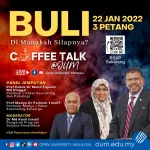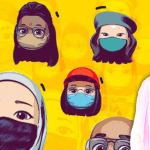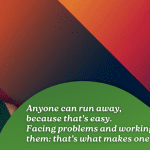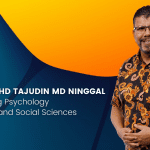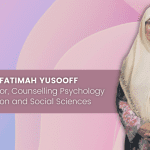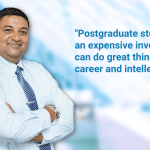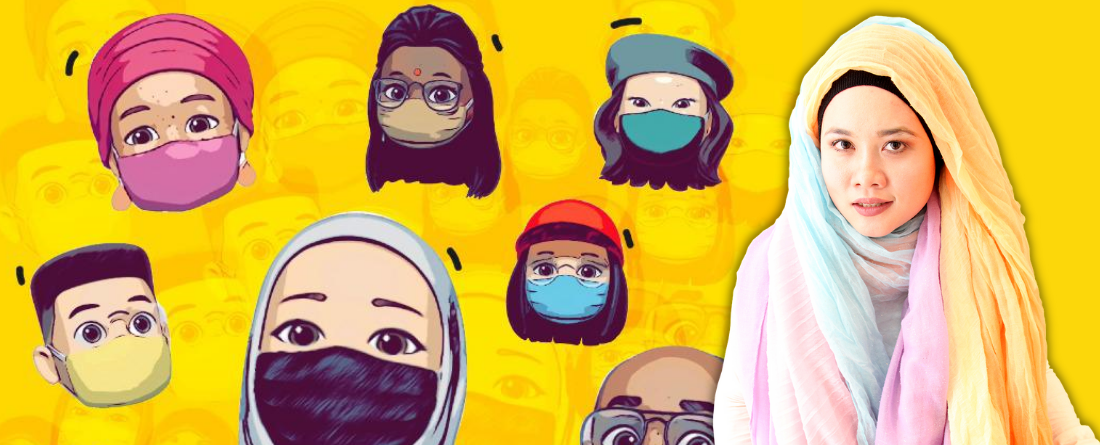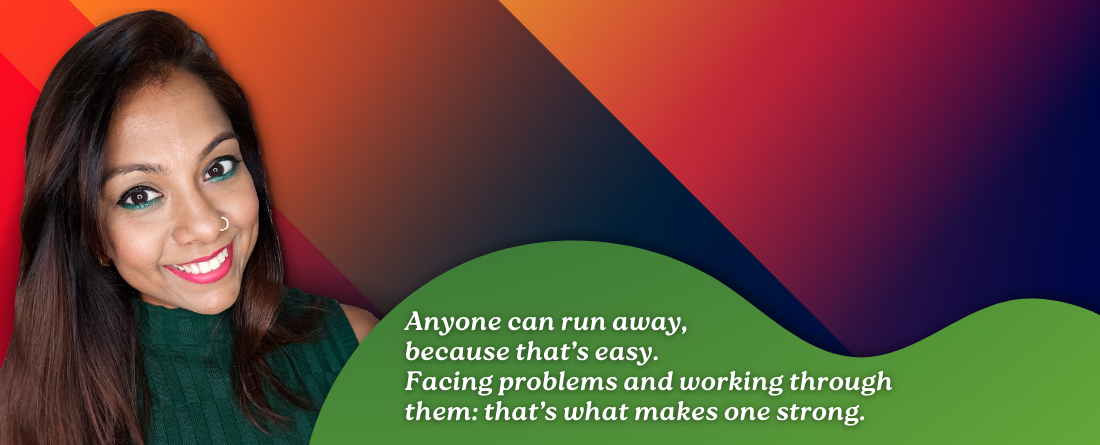By Zaful Zaini, Doctor of Education student
I’m currently a third-year student pursuing the Doctor of Education programme. I have spent years in the maritime industry, first as a seagoing marine engineer, then a shore-based ship’s manager, and later as a maritime simulator trainer. My journey from the engine room to the classroom is driven by my interest in improving the standards of Maritime Education and Training (MET).
OUM’s flexibility allows me to balance my professional responsibilities, family life, and doctoral studies. As a husband, father, and leader in the maritime education sector, I face numerous time constraints but OUM has enabled me to study without compromising my commitments. Accessing resources online, participating in discussions remotely, and studying at my own pace have been invaluable.
My career is not just about technical expertise; it is about transforming the way future maritime professionals are educated. My maritime technical knowledge and commitment to developing simulator-based training programmes have shaped MET globally. As a trainer and the Head of Experiential Learning (maritime simulator) at Akademi Laut Malaysia (ALAM), I lead efforts to design and implement innovative curricula that meet regulatory standards and real-world industry needs.
However, I’m not only into curriculum development. I’m also passionate about bridging the gap between theory and practice in maritime training. My doctoral concept paper, which was recently approved, explores the effectiveness of Engine Room Simulators in enhancing Engine Room Resource Management training. The aim is to optimise the learning experience for maritime professionals through experiential learning. This research combines my vast practical experience with an academic foundation, enabling me to offer insights that could shape the future of MET.
As a trainer and researcher, I have seen how the maritime industry has evolved. My work in maritime simulator training is a perfect example of how education can push the boundaries of traditional learning. It’s about creating environments where learners learn technical skills and develop critical non-technical competencies such as leadership, teamwork, and decision-making. These competencies are just as essential for safety and efficiency in the maritime industry.
Pursuing a doctoral degree while managing a successful career and family is no easy feat. However, excellent support from my organisation, my family, and the OUM family has allowed me to balance my academic goals and personal responsibilities. My motivation comes from a deep belief in the power of education. The knowledge and skills I am gaining will contribute to the advancement of MET and help me to better serve the maritime community.
Looking ahead, I’m determined to continue my research and contribute to developing more comprehensive, simulation-based training programmes that integrate technical and non-technical skills.
Education is not just about passing exams – it is also about inspiring change, fostering growth, and shaping the leaders of tomorrow. OUM provides the ideal platform to make this possible.
